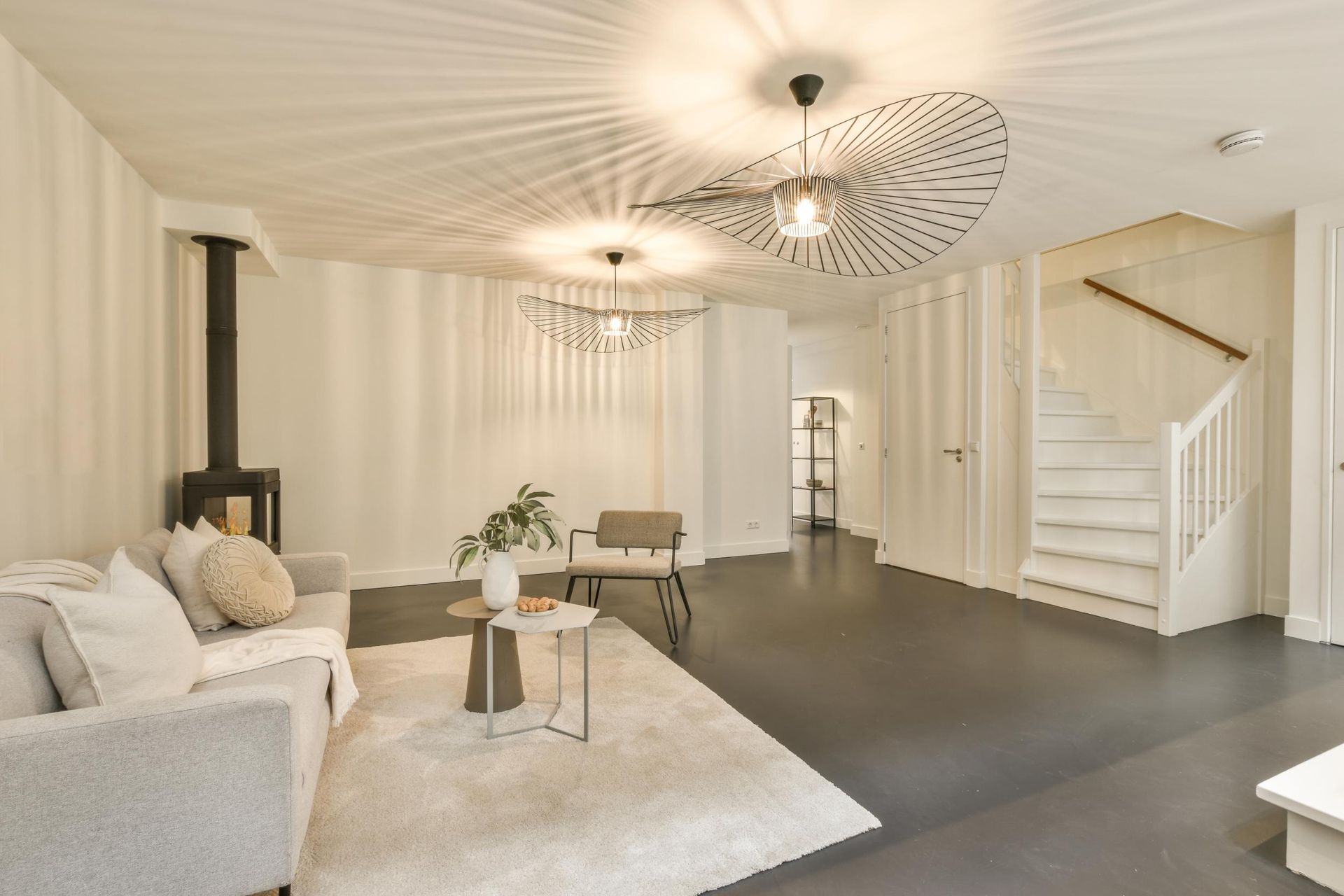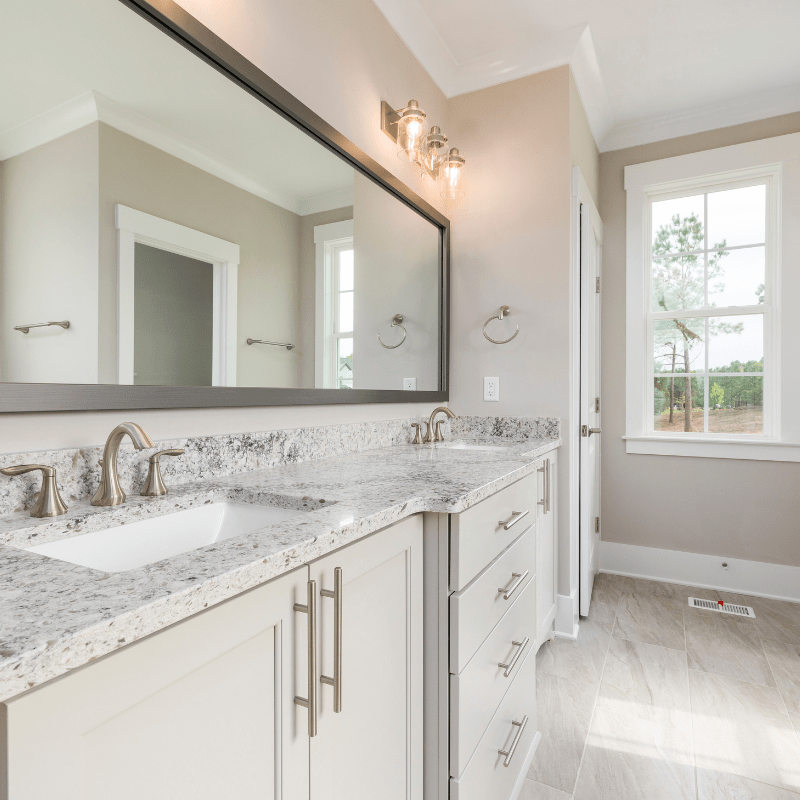Contact Information
4 Locations Serving NY, Long Island, Westchester & Fairfield County
Licensed/Bonded/Insured Contractors in NY & CT
(914) 639-5200
Key Differences in Commercial and Residential Construction: What You Need to Know
16 Minute Read
Want to know the differences between commercial residential construction and residential construction? This guide covers all you need to understand about costs, timelines, materials, and regulations to help you make informed decisions.
Key Takeaways
- Commercial and residential construction differ in purpose, scale, complexity, and materials used, impacting project timelines and costs.
- Permits and building codes are more complex in commercial construction, requiring extensive compliance to ensure safety and functionality.
- Design customization in residential projects allows for personal aesthetics, whereas commercial design emphasizes functionality and adherence to operational requirements.
Understanding Commercial and Residential Construction
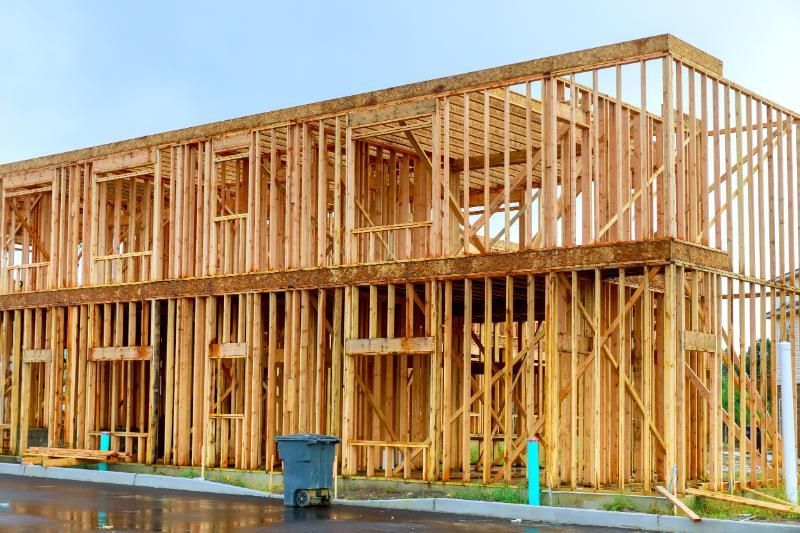
Commercial construction and residential construction are two distinct branches of the construction industry, each with its unique characteristics and requirements. Commercial construction involves projects primarily designed for business or industrial activities, such as office buildings, warehouses, and retail spaces. In contrast, residential construction includes buildings where people live, such as single-family homes and apartment buildings. The primary goal of commercial construction is to create functional spaces for businesses to operate and serve their clients, whereas residential construction focuses on creating comfortable and livable spaces for individuals and families.
The scale and complexity of these construction types also differ significantly. Commercial projects are typically larger in scale and more complex, often requiring more durable materials like steel and concrete. These projects prioritize functionality and can include elaborate security systems and advanced HVAC systems. On the other hand, residential projects are generally smaller and emphasize aesthetics and comfort, using materials like wood and drywall. The construction process for residential and commercial projects is often quicker and less complicated due to fewer regulations and simpler design requirements.
Location also plays a crucial role in differentiating these two types of construction. Commercial properties are usually situated in accessible areas to attract customers and clients, such as commercial corridors and city centers. Residential properties, conversely, can be found in quieter, suburban environments, providing a peaceful living space for residents. This difference in location impacts the design and purpose of the buildings, further distinguishing commercial versus residential construction.
Permits and Building Codes
When embarking on any construction project, securing the necessary permits and adhering to building codes is paramount. In commercial construction, the requirements for permits and building codes are significantly more complex compared to residential construction. This complexity reflects the larger scale and the diverse safety concerns associated with commercial buildings, which must comply with stringent regulations regarding fire safety, structural integrity, and handicap accessibility.
Residential construction, while still subject to building codes, generally faces simpler and more straightforward requirements. These codes primarily focus on ensuring the safety and comfort of the occupants. However, like commercial codes, residential building codes can vary significantly by region, necessitating that builders familiarize themselves with local regulations before commencing any project. This regional variation ensures that buildings are constructed to withstand local environmental conditions and meet the specific needs of the community.
Obtaining building permits is a critical step in both commercial and residential projects. These permits are designed to ensure that all construction work complies with current building codes and safety standards. For commercial projects, this often involves a more detailed and lengthy approval process due to the higher risks and potential impact on public safety.
On the other hand, residential projects typically experience a quicker permitting process, reflecting their smaller scale and lower risk factors. Regardless of the type of construction, securing the necessary permits is essential to avoid legal issues and ensure the safety and longevity of the building.
Building Materials Used in Different Projects
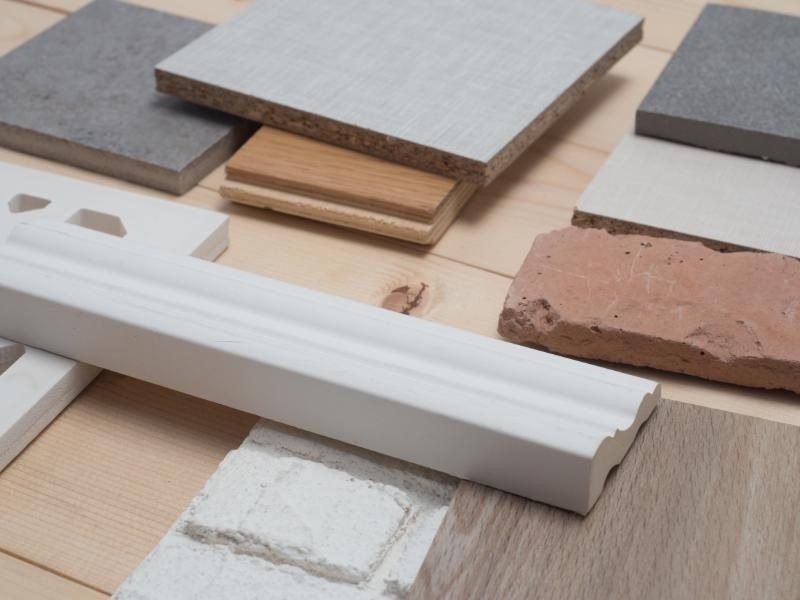
The choice of building materials is another area where commercial and residential construction diverge significantly. In residential construction, wood is the predominant material used due to its cost-effectiveness and structural suitability for homes. Timber frame construction is common in residential projects, providing a balance between affordability and durability when properly maintained. These materials are selected to enhance the aesthetic appeal and comfort of residential properties.
Conversely, commercial construction projects often require more durable and robust materials such as steel and concrete. These materials are chosen for their strength and longevity, essential for the high-usage demands of commercial buildings. Commercial structures also frequently incorporate large quantities of glass for architectural features, enhancing the visual appeal and functionality of the building. The complexity of commercial projects necessitates a wider variety of materials to meet rigorous safety and durability standards.
Innovative materials are increasingly being used in commercial construction to enhance building performance and sustainability. Smart glass and self-healing concrete are examples of cutting-edge materials that offer significant advantages in commercial projects. These materials not only improve the durability and efficiency of the buildings but also contribute to creating more sustainable and environmentally friendly commercial properties.
The careful selection of building materials is crucial in both commercial and residential construction to ensure the safety, durability, and functionality of the structures.
Equipment and Machinery
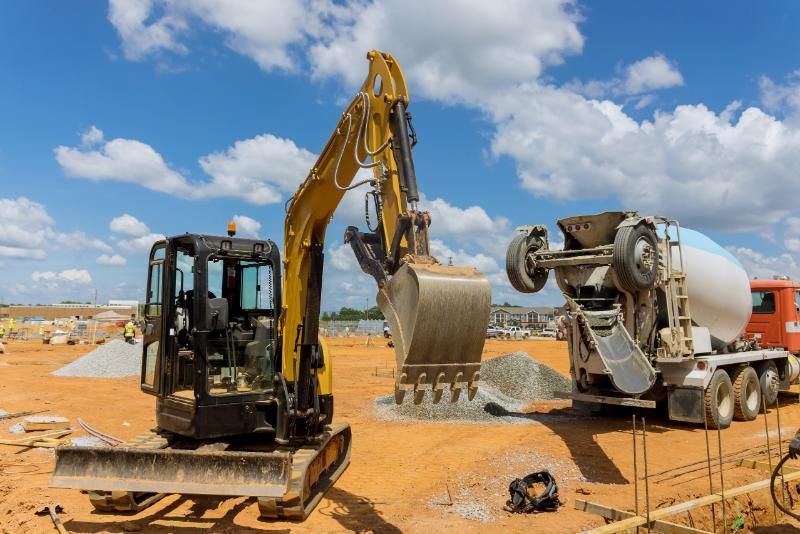
The scale of equipment and machinery used in commercial versus residential construction is markedly different. Commercial construction typically requires specialized heavy machinery due to the larger scale and complexity of the projects. Common machinery on commercial construction sites includes cranes, bulldozers, concrete mixers, and compactors. These machines are essential for handling the heavy-duty materials and complex tasks involved in commercial projects.
In contrast, residential construction primarily utilizes smaller, less expensive equipment. While cranes might be needed for extravagant houses, most residential projects can be completed with standard tools and smaller machinery. This difference in equipment stems from the types of building materials used and the overall scale of the projects. The cost implications of using specialized equipment in commercial construction are significant, contributing to higher overall project costs.
The costs associated with commercial construction also include expenses related to employing a specialist workforce trained to operate advanced machinery. This specialized labor, combined with the need for heavy machinery, makes commercial construction considerably more expensive and complex than residential construction.
Understanding the equipment and machinery requirements is essential for planning and budgeting any construction project, whether commercial or residential.
Project Timelines and Completion

The timelines for commercial and residential construction projects differ greatly due to the varying levels of complexity and regulatory requirements. Commercial projects often have longer timelines due to the detailed planning and extensive regulations that must be adhered to. These projects can take several months to years to complete, depending on their scale and complexity.
In contrast, residential construction projects typically have shorter timelines, often ranging from seven to twelve months. The simpler design requirements and fewer regulations for residential projects enable quicker completion. For example, building a home in the United States usually takes around seven months. The urgency to generate revenue in commercial projects can also lead to a focus on faster completion, despite the complexity involved.
The detailed planning stages required for commercial projects contribute to their longer timelines. These stages include securing permits, complying with building codes, and coordinating with multiple stakeholders. Despite the longer timelines, the emphasis on thorough planning ensures higher project quality and safety, crucial for the functionality and longevity of commercial buildings.
On the other hand, the streamlined processes in residential construction allow for quicker residential construction project completion, providing timely and comfortable living spaces for residents.
Cost Considerations
Cost is a significant factor differentiating commercial and residential construction. Commercial construction projects generally incur higher costs due to various factors such as land acquisition, complex permits, and specialized materials. The cost per square foot for commercial properties is typically several hundred dollars more than for residential construction. These higher costs are attributed to the complexity and scale of commercial projects, which require more durable materials and advanced machinery.
Labor costs in construction can account for 20-40% of total project expenses, with materials typically ranging from 60-80%. In commercial construction, the need for a specialist workforce and the use of expensive materials contribute to higher overall costs. In contrast, residential projects often have budget limits and are generally more cost-effective. Homeowners usually finance residential projects through bank loans, which contrasts with the varied funding models used in commercial projects, such as crowdsourcing and investor relations.
The funding for commercial construction involves securing large-scale loans, managing investor relations, and ensuring cash flow. These financial planning aspects are crucial to accommodate the extensive costs associated with commercial projects, which can range from millions to hundreds of millions of dollars. Understanding the cost considerations and funding options is essential for the successful planning and execution of construction projects, whether commercial or residential.
Design Customization and Flexibility
Design customization and flexibility differ significantly between residential and commercial construction. Homeowners have greater flexibility to customize their residential projects, focusing on aesthetics and personal preferences. Residential design emphasizes comfort and personalization, reflecting the individual tastes of the occupants. This flexibility allows homeowners to create unique and comfortable living spaces tailored to their needs.
Conversely, commercial design is primarily focused on functionality and brand identity. The design of commercial properties must facilitate business operations and create efficient work environments. For instance, office buildings require layouts that promote collaboration and accessibility for multiple users. Each category of commercial design, such as retail or industrial spaces, has unique requirements that influence the design approach.
The stricter standards and regulations in commercial construction limit the extent of design customization compared to residential projects. However, these standards ensure that commercial properties meet the functional needs of businesses and comply with safety regulations.
While residential design is driven by personal comfort and aesthetics, commercial design prioritizes operational efficiency and brand representation, highlighting the distinct purposes of these construction types.
Licensing and Expertise Required
The licensing and expertise required for contractors in commercial and residential construction also vary. Contractors building commercial properties must undergo extensive training and receive certification due to the complexity of commercial codes and building permits. This specialized training ensures that contractors can navigate the rigorous safety and structural regulations associated with commercial projects.
Most contractors hold general licenses to operate in various construction projects, but the specific needs of commercial construction often require additional qualifications. Construction management professionals must understand both local and federal building regulations to ensure compliance and successful project completion.
Different contractors are hired based on the project type, distinguishing the expertise needed for residential versus commercial construction. This distinction ensures that each project type is handled by professionals with the appropriate skills and knowledge.
Financing Options
Financing options for residential and commercial construction projects are diverse and tailored to the specific needs of each project type. Residential construction projects are typically financed by homeowners using bank loans, conventional mortgage financing, or construction loans. Larger residential projects may also require additional funding sources, such as government programs aimed at increasing affordable housing supply.
Commercial construction projects, on the other hand, often involve securing large-scale loans, managing investor relations, and ensuring a steady cash flow throughout the commercial project. Funding sources for commercial properties can include government funding, crowdsourcing, and investor partnerships.
Financial advisors play a crucial role in managing these complex financing options, ensuring that commercial projects remain financially viable and on track for completion. Understanding the various financing options available is essential for successfully planning and executing both residential and commercial construction projects.
Choosing the Right Construction Company
Choosing the right construction company is critical to the success of any construction project. For both commercial and residential projects, it is essential to ask for recommendations from business peers and evaluate the credentials and experience of potential contractors. An experienced construction company with a proven track record can provide valuable insights and ensure that the project meets the required standards.
Prioritizing quality over initial cost is important to avoid higher long-term maintenance expenses. Effective communication between the contractor and the client is key to a smooth construction process, ensuring that any issues are promptly addressed and resolved. Attention to detail when comparing proposals can prevent unexpected costs and ensure a comprehensive understanding of the project.
Selecting the right construction company involves considering various factors, including the company’s expertise, reputation, and communication skills. By making an informed decision, clients can ensure that their construction projects are completed efficiently, on time, and within budget, resulting in a successful and satisfactory outcome.
Summary
Understanding the differences between commercial and residential construction is essential for anyone involved in the construction industry. From permits and building codes to materials, equipment, timelines, costs, design, licensing, and financing, each aspect plays a crucial role in the successful completion of a project. By recognizing these differences, individuals and businesses can make informed decisions, ensuring that their construction projects meet the required standards and are completed efficiently. Whether you’re building a new home or a commercial property, this knowledge will help you navigate the complexities of the construction process and achieve your goals.
FAQ's
Differences in Commercial vs. Residential Construction
-
What are the main differences between commercial and residential construction?
The primary differences between commercial and residential construction are based on purpose, scale, complexity, and materials. Commercial construction prioritizes larger, more intricate projects for business use, utilizing durable materials like steel and concrete, while residential construction emphasizes comfort and livability, primarily using wood and drywall.
-
Why are building permits and codes more complex for commercial construction?
Building permits and codes are more complex for commercial construction due to the larger scale of projects and heightened safety concerns. Stricter regulations for fire safety, structural integrity, and accessibility are essential to ensure public safety and adherence to legal standards.
-
How do the costs of commercial and residential construction compare?
The costs of commercial construction are generally higher than those of residential projects, primarily due to expenses related to land acquisition, complex permits, specialized materials, and the requirement for advanced machinery and skilled labor. This makes residential construction more cost-effective for homeowners who typically finance their projects through bank loans.
-
What types of materials are commonly used in commercial versus residential construction?
Commercial construction typically employs durable materials such as steel and concrete for longevity and high-usage demands, while residential construction often utilizes cost-effective wood. This distinction highlights the varying requirements and objectives of each construction type.
-
How do project timelines differ between commercial and residential construction?
Project timelines differ significantly, as commercial construction generally entails longer durations because of complex planning and regulatory demands, while residential projects usually complete within seven to twelve months due to simpler requirements. Therefore, anticipate more extended timelines for commercial endeavors compared to residential ones.
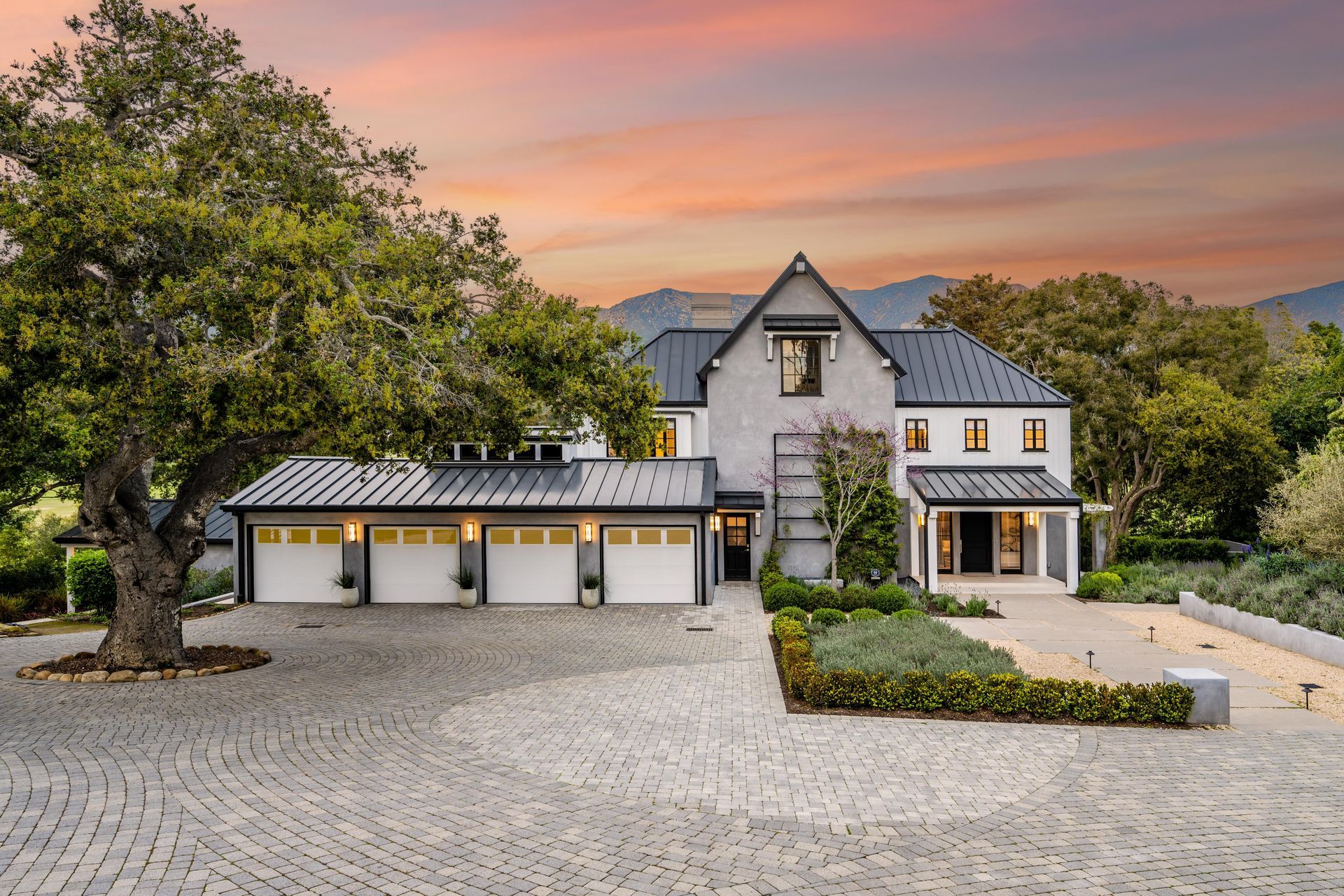
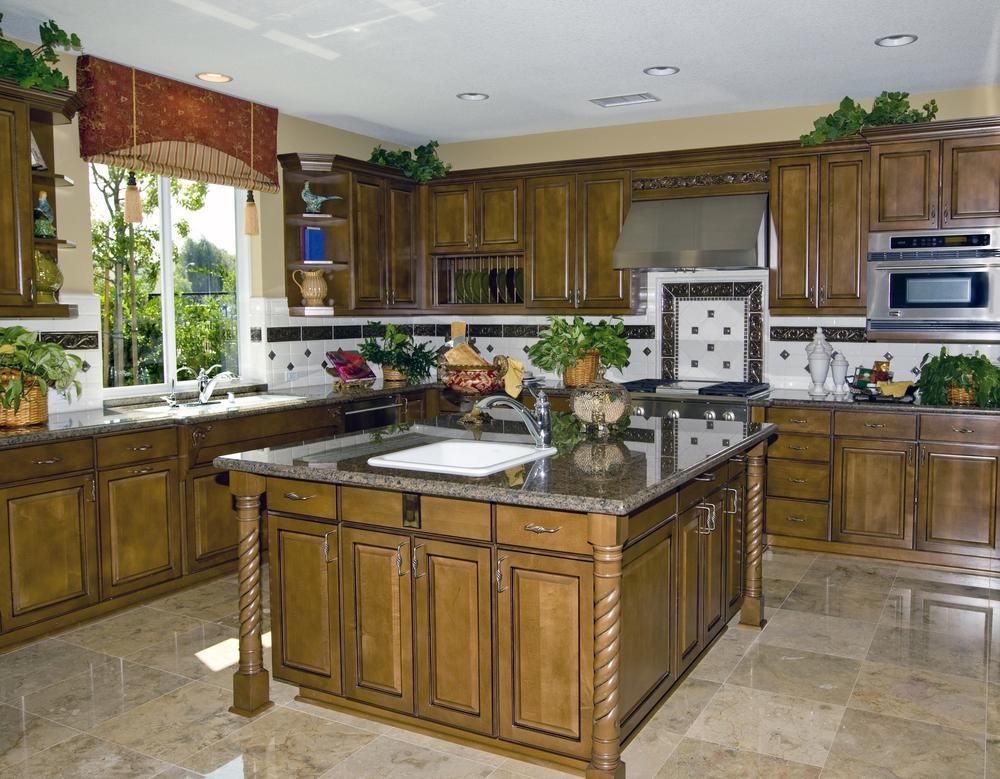

CONTACT US
You Deserve a Beautiful Home -
Let Us Make It Happen
For more information about our services, or to get a free quote, complete the form below or give us a call at (914) 639-5200.
Our Contact Information
Business Hours
Mon - Sun: 7AM -7PM
START CONSULTATION
For more information about our services or to schedule an appointment, call us at (914) 639-5200 or complete the form below we’ll get back to you as soon as we can.
4 Locations Throughout New York and Connecticut
With four convenient locations across New York and Connecticut, Gjana Construction is proud to serve homeowners and businesses with expert construction and remodeling services.
Popular Services
Quick Links
Contact Information
(914) 639-5200
info@gjanaconstruction.com
73 Market Street SUITE 376, Yonkers, 10710, US
All Rights Reserved | Gjana Construction

